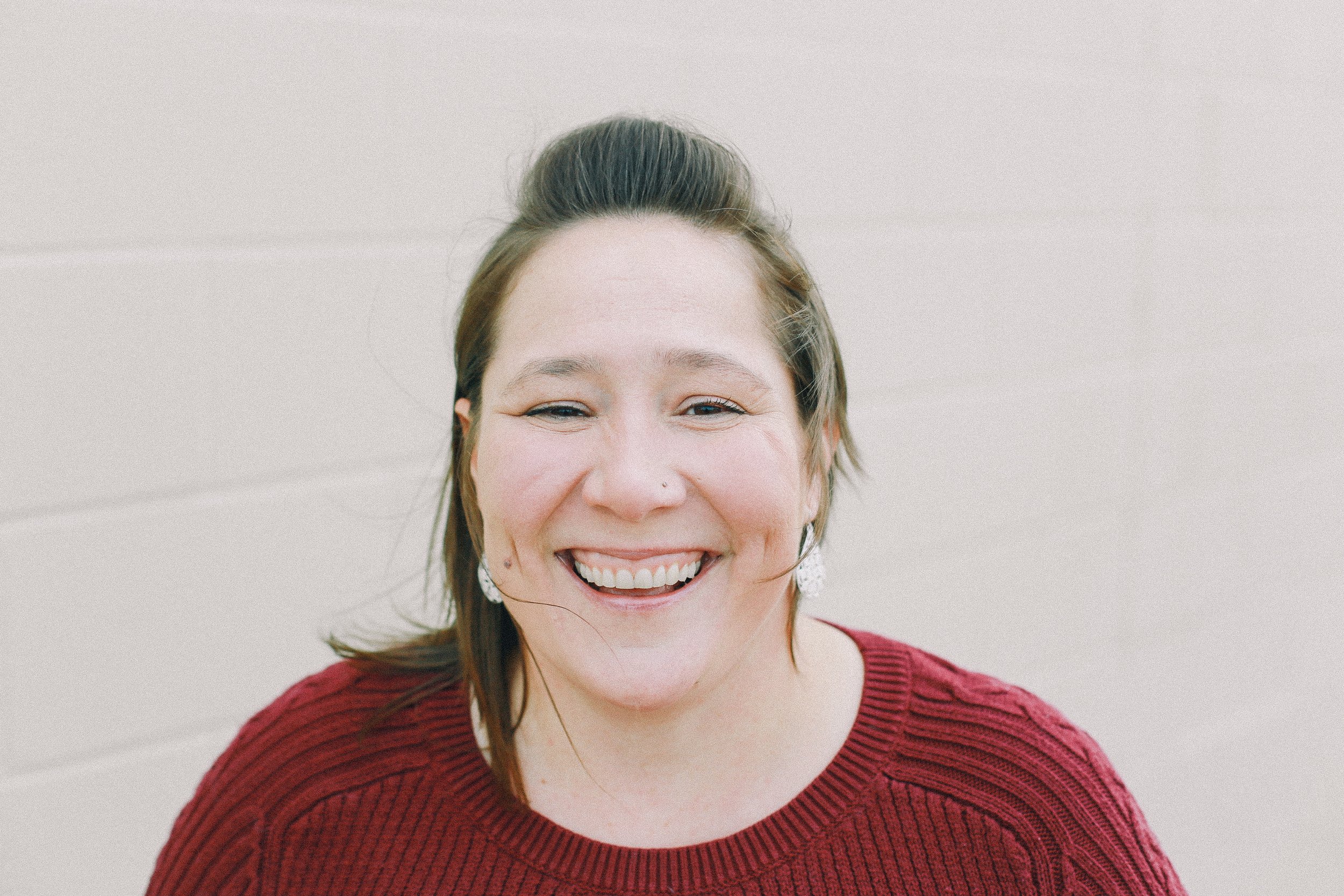Amanda Smith
“Emotional neglect, verbal abuse, and misogyny within my family greatly impacted how I saw myself and what I believed about women.”
Growing up, I had a hard time bonding with my mom. Because her own childhood had been rough, she often struggled with depression, emotionally checking out. Unlike my friends’ moms, she didn’t seem to have what it took to be a “normal” mom, and sometimes she was even verbally abusive. As a result, when my dad, who I idolized, was at work, my sister and I were often left to fend for ourselves. From an early age, the emotional neglect coupled with the abuse began shaping my thoughts about myself and women. Whereas my dad exuded strength and power, garnering my respect, my mom seemed weak and vulnerable. What’s more, misogyny ran rampant throughout my extended family. Many of the men made inappropriate sexual comments towards me and other female relatives. Their perverted expressions of masculinity inspired me to see women as incapable and inviting abuse. I didn’t want to be weak or vulnerable, so I began to mistrust my femininity. What’s more, I grew to hate men because of what I witnessed in my family between men and women. With the exception of my father, I believed all men were bad, and this overgeneralization caused a chasm in my ability to embrace men for who they were, hindering my willingness to form relationships.
Out of this turmoil, my same-sex identity was birthed. I first noticed myself being attracted to females around third grade when I was drawn to one of my teachers. Feeling confused, I stifled my emotions and pretended my desires didn’t exist. Yet by puberty, I craved affection and emotional connection with women, so I started dating and acting out sexually with other girls. By high school, I had begun shaping my appearance into a masculine version of myself. Finally, I thought, I’ve found my place in the world. Lesbianism felt right, and I embraced the chaos of promiscuity, drugs, and alcohol for many years. Eventually, however, a bad breakup and a bout with depression caused me to question what I had done and who I had become. Out of that pain, I began exploring faith and turned to God. I recognized for the first time the toll my behavior had taken on my life.
As I followed my faith, all the pain and loss I had experienced in my childhood surfaced. For the first time in my life, I acknowledged my damaged past, recognizing how I genuinely needed emotional and physical connection from my mother. Instead of addressing my pain, I had created defense mechanisms to protect myself. Transferring my pain onto other women, I would pull them in for emotional connection and then push them away for fear of rejection. Facing the grief of my childhood brought redemption to these places in my own heart while enabling me to examine the twisted beliefs I had formed about womanhood and manhood. My church introduced me to other women who walked alongside me in places of vulnerability. Affirming my femininity through healthy friendships with women was deeply healing. As with healthy relationships with women, God used male friendships and spiritual fathers to come alongside me to confirm and affirm me in my womanhood and restore the honor I had lost for men.
Today, I rarely deal with same-sex attraction. Instead, I’m empowered by my life experiences and faith to understand how these desires point to greater needs in my life that are rooted in my past. I continue to gain wholeness as I address them.

